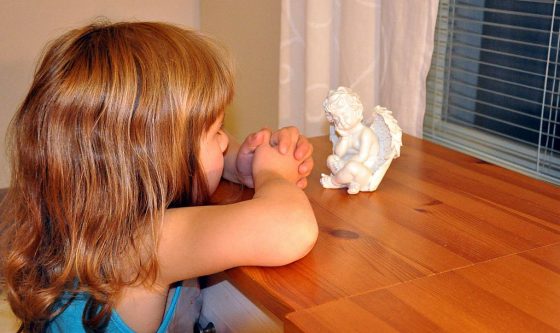Trust. This distrust of My goodness hurts Me very much. If My death has not convinced you of My love, what will? (Diary, 580), Jesus complained to St. Faustina. His life, teachings, and miracles most fully revealed the goodness of God and his merciful love to the world. And yet, it so difficult for us to trust in God, so deep is our wound of distrust left by the original sin and our personal sins. Sister Faustina lifts the veil of heaven so we can deepen our knowledge of God’s merciful love, most fully revealed by Jesus’ passion and death on the Cross. This knowledge awakens and grows an attitude of trust in us, which expresses itself in fulfilling God’s will contained in the Commandments, the word of God, duties of the state or inspiration of the Holy Spirit. The will of God, as St. Faustina used to say, is mercy itself, which is why she served it faithfully and prayed with the words: Should You take me in my youth, be blessed; should You let me live to a ripe old age, be blessed. Should You give me health and strength, be blessed; should You confine me to a bed of pain for my whole life, be blessed. Should you give only failures and disappointments in life, be blessed. Should You allow my purest intentions to be condemned, be blessed. Should You enlighten my mind, be blessed. Should You leave me in darkness and all kinds of torments, be blessed. From this moment on, I live in the deepest peace, because the Lord himself is carrying me in the hollow of His hand. He, Lord of unfathomable mercy, knows that I desire Him alone in all things, always and everywhere (Diary, 1264). Doing the will of God is not only an expression of trust in Him, but also a release from fear, pride and selfishness, that brings peace and joy to the heart, so that we can more fully live in the freedom as God’s children and to participate in the life and mission of Jesus. It is the shortest way to union with God in love.
















